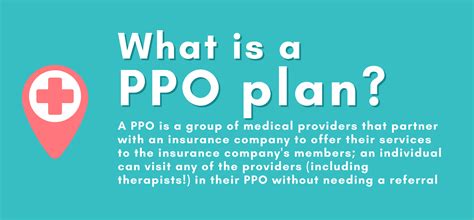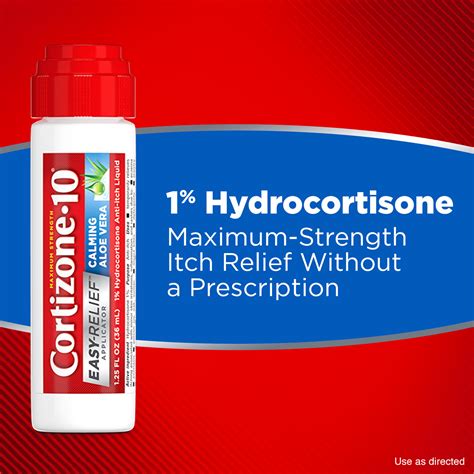What Is Ppo Plan? Your Insurance Solution

In the realm of health insurance, numerous plans exist, each with its unique benefits and drawbacks. One such plan that has garnered significant attention is the Preferred Provider Organization (PPO) plan. A PPO plan is a type of health insurance that offers a balance between cost and flexibility, making it an attractive option for many individuals and families. In this comprehensive guide, we will delve into the intricacies of PPO plans, exploring their benefits, drawbacks, and how they can serve as a viable insurance solution.
Understanding PPO Plans
A PPO plan is a type of managed care plan that combines elements of Health Maintenance Organizations (HMOs) and traditional indemnity plans. In a PPO plan, the insurance company contracts with a network of healthcare providers, including doctors, hospitals, and other medical facilities, to provide discounted services to plan members. These providers are referred to as “preferred” or “in-network” providers.
How PPO Plans Work
Here’s a step-by-step breakdown of how PPO plans operate:
- Network Providers: The insurance company establishes a network of preferred providers who agree to offer discounted services to plan members.
- Plan Membership: Individuals or families purchase a PPO plan, which typically requires a monthly premium payment.
- In-Network Care: When plan members receive medical care from in-network providers, they pay a lower copayment or coinsurance rate.
- Out-of-Network Care: If plan members seek care from out-of-network providers, they pay a higher copayment or coinsurance rate.
- Referrals: Unlike HMOs, PPO plans do not require referrals from primary care physicians to see specialists.
Benefits of PPO Plans
PPO plans offer several advantages, including:
- Flexibility: PPO plans allow members to see any healthcare provider, both in-network and out-of-network, without the need for referrals.
- Cost Savings: In-network care typically results in lower out-of-pocket expenses for plan members.
- Wide Network: PPO plans often have extensive networks of participating providers, making it easier for members to find a suitable healthcare provider.
- Preventive Care: Many PPO plans cover preventive care services, such as routine check-ups and screenings, at no additional cost.
Drawbacks of PPO Plans
While PPO plans offer numerous benefits, they also have some drawbacks:
- Higher Premiums: PPO plans often come with higher monthly premiums compared to other types of health insurance plans.
- Out-of-Network Costs: Receiving care from out-of-network providers can result in significantly higher out-of-pocket expenses.
- Complexity: PPO plans can be complex, with varying copayment and coinsurance rates for different services and providers.
Who Should Consider a PPO Plan?
PPO plans are suitable for individuals and families who:
- Value Flexibility: Those who want the freedom to choose their healthcare providers without restrictions.
- Need Extensive Network: Individuals who require access to a wide range of healthcare providers, including specialists.
- Are Willing to Pay More: Those who are willing to pay higher premiums in exchange for greater flexibility and cost savings.
FAQ Section
What is the main difference between a PPO plan and an HMO plan?
+The primary difference between a PPO plan and an HMO plan is the need for referrals. In an HMO plan, members typically require a referral from their primary care physician to see a specialist, whereas PPO plans do not have this requirement.
Can I see any doctor I want with a PPO plan?
+Yes, with a PPO plan, you can see any healthcare provider, both in-network and out-of-network. However, receiving care from out-of-network providers may result in higher out-of-pocket expenses.
Are PPO plans more expensive than other types of health insurance plans?
+PPO plans often come with higher monthly premiums compared to other types of health insurance plans, such as HMOs or catastrophic plans. However, the added flexibility and cost savings may make PPO plans a more attractive option for some individuals and families.
In conclusion, PPO plans offer a unique balance of flexibility and cost savings, making them an attractive option for individuals and families seeking a comprehensive health insurance solution. While they may come with higher premiums and complexity, the benefits of PPO plans can outweigh the drawbacks for those who value flexibility and are willing to pay more for it. By understanding the intricacies of PPO plans, individuals can make informed decisions about their health insurance needs and choose the plan that best suits their lifestyle and budget.



